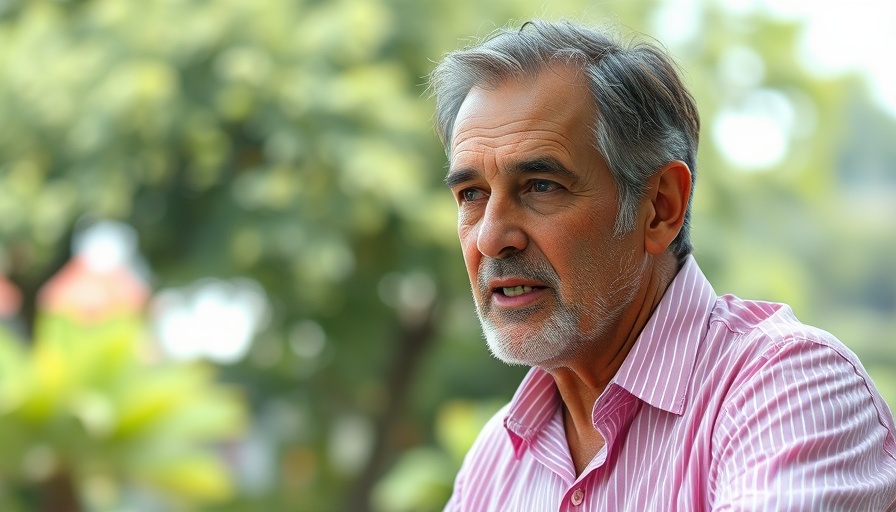
Tony Leon’s Political Stance: A Reflection on South African Politics
Tony Leon, a prominent figure in South African politics, has recently made headlines expressing his disinterest in the position of US ambassador, previously held by his successor. His candid response of "Thanks, but no thanks" reflects a broader trend among political figures carefully considering their roles amidst a tumultuous political landscape. In the context of South African politics, Leon's past as leader of the Democratic Alliance (DA) and his legacy as the first to lead the party into the political arena where it could pose a significant challenge to the African National Congress (ANC) remains invaluable.
Relevance of Leon’s Refusal in Coalition Politics
Leon’s decision not to pursue the ambassadorship resonates deeply in light of the current dynamics within South Africa. The ANC faces growing opposition from parties like the DA and the Economic Freedom Fighters (EFF), which seek to capitalize on public discontent towards state capture and corruption investigations. This discontent is palpable, particularly as issues like load shedding and economic recovery take center stage in the public discourse. Leon's choice highlights an experienced politician's understanding of the intense scrutiny and responsibility that comes with high diplomatic roles in such a politically divided nation.
The Impact of State Capture on Political Careers
The specter of state capture looms large over South African politicians, influencing decisions and career trajectories. Illustratively, Leon’s fortified reputation as a candidate for ambassador might have been hindered by potential allegations of complicity in scandals surrounding the government. As a former ambassador, he is keenly aware of how public perceptions around accountability can diminish political capital. His stance may inspire other political leaders to resist roles that could tarnish their reputations or divert them from their public service missions as the nation rebuilds trust.
Future Predictions: The Path Forward for the DA
Looking ahead, the trajectory for the DA in the upcoming national elections presents both opportunities and challenges. As the DA continues to position itself against both the ANC and the EFF, it must navigate a political climate fraught with service delivery protests and demands for meaningful governance reforms. It offers an opportunity to advocate for issues that resonate with voters such as economic recovery, education reforms, and unemployment rates—critical areas that appeal to the electorate.
Public Reaction and the Role of Media in Shaping Political Narratives
The public's reaction to Leon’s remarks can be gauged through social media platforms where narratives are rapidly formed and disseminated. The portrayal of his rejection of the US ambassadorship illustrates ongoing dialogues about international diplomatic standings and local political accountability. Media freedom plays a crucial role in how these narratives unfold, determining not just public perception but also influencing upcoming electoral strategies and individual political fortunes. As journalists continue to cover these developments, their role in shaping the discourse around political figures like Leon remains pivotal.
Conclusion: The Takeaway for Aspiring Politicians
Leon’s candidacy for an ambassadorial role reflects broader themes in political culture, where integrity and public service must align with personal ambition. His decision indicates that for some seasoned politicians, the call to serve is less about personal advancement and more about upholding a commitment to public service amid unprecedented challenges in South African governance.
 Add Row
Add Row  Add
Add 




Write A Comment